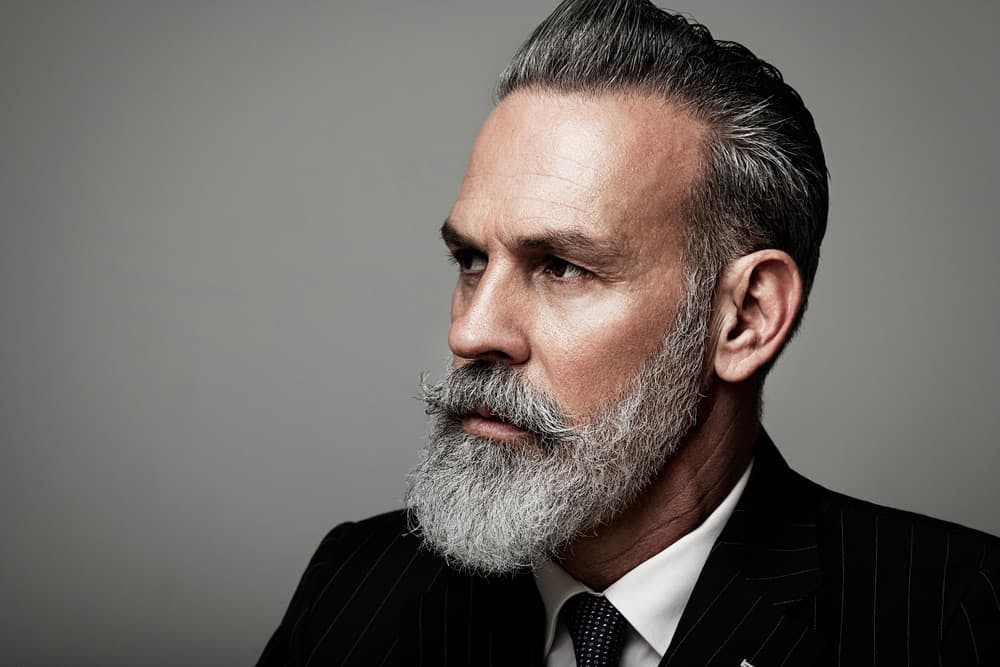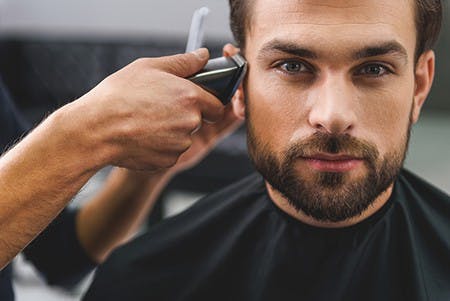Movember is the month when men stop shaving to show their support for the fight against prostate cancer – but growing a beard can be hard. Not everyone is genetically able to grow facial hair. Many are the men who claim that this leads to beard envy, something that makes the dark month of November even tougher to deal with than it already is.
Movember And Hair Growth – This Could Be Why Your Beard Is Not Growing
7 Min Read

Get hair, health, and science news delivered right to your inbox.
What is Movember?
The Movember movement was launched by two buddies in Australia in 2003. Their purpose was to bring the mustache back into fashion. A year later, they decided to take it to the next level and register a foundation to raise money to fight prostate cancer. 480 people donated to the cause. Today, in 2017, 20 countries are participating in Movember. It is ranked as number 49 out of the top 500 non-governmental organizations around the world.
Why Growing a Beard is Harder For Some
Those who cannot grow facial hair easily may feel left out among all their hairy friends during Movember. Growing a beard is supposedly a sign of being masculine and strong, and society has us believe that men “should” be able to do it. But do not despair! You can be just as manly without a beard, and there are many ways you can show your support for cancer patients that does not require facial hair.
The most common reason why some men have a hard time growing a beard is genetic. It is the hormone dihydrotestosterone (DHT), which is synthesized from testosterone, that is responsible for growing facial hair. Those who are sensitive to testosterone will grow more facial hair, while those who are less sensitive to testosterone will have less facial hair. On the other hand – if you belong to the first group who has an easier time growing a beard, you’re ironically much more likely to go bald on the head. That is because DHT is the hormone that is responsible for shrinking the hair follicles on our head, something that slowly kills the hair production.
It is well known in beard circles that Asian men have a particularly hard time growing a beard. According to a small survey by the website Beardbrand, 56% of the Asian men that participated in the survey had tried to grow a beard but were not able.
Back in the 1960’s, scientists tried to remedy the problem by applying testosterone in a cream directly to the scalp of balding men. The study was supposed to go on for ten months, but most subjects dropped out of the study before the end. No results could be confirmed.

How to Get That Beard Going the Natural Way
If you want to grow a beard but it seems impossible, there are natural ways to put your facial hair on the right track. There are many medications that claim to increase hair and beard growth.
Look at your general lifestyle and review whether you get enough exercise, sleep, water and nutrients. All of these factors will affect how your hair grows and what kind of beard you could possibly get.
There could also be a medical reason behind your issue. If your levels of testosterone are abnormally low, a doctor can prescribe hormones. Another reason for your loss of facial hair could be a medical condition called alopecia barbae, which starts with a small bald batch in your beard.
One final piece of advice comes from the captain of Beard Team USA, Phil Olsen, who travels the world to take part in international beard and mustache competitions. He has a foot long beard and emphasizes the importance of eating a lot of proteins. He also thinks beer plays a part.
“All I can say is I’ve been to many beard competitions, both in the U.S. and Europe, and there’s a very high correlation between beard growing and beer drinking,” he says in a recent interview.